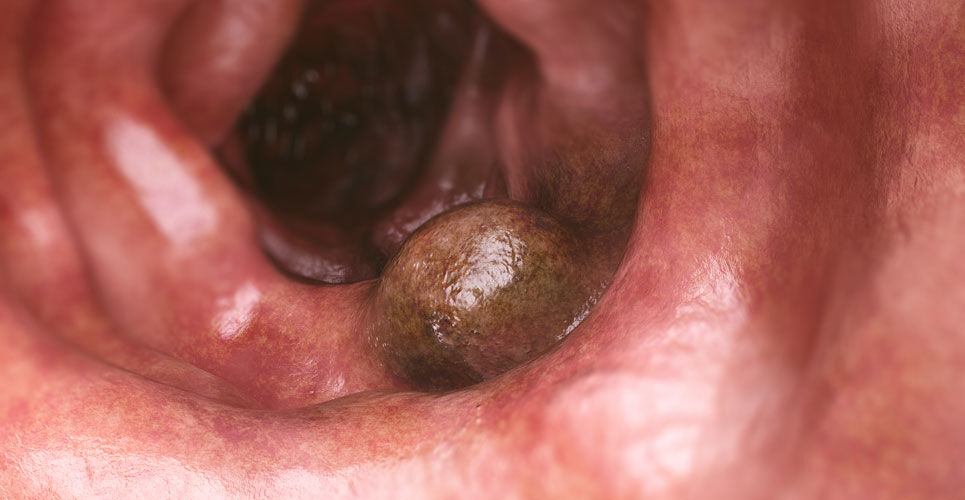Using neoadjuvant chemotherapy prior to operable colon cancer led to a reduction in residual or recurrent disease over the next two years.
UK and Swedish researchers performing a randomised trial have found that giving neoadjuvant chemotherapy (NAC) to patients with operable colon cancer led to histopathologic down-staging and better two-year disease control.
Colorectal cancer is the third most common cancer globally with 1.9 million new cases in 2020 and 935,173 deaths.
The use of neoadjuvant chemotherapy has been shown to be of value at reducing tumour size and stage in patients with other operable cancers such as gastric and lower oesophageal adenocarcinomas. However, neoadjuvant chemotherapy has not been used in the treatment of patients with colon cancer, possibly due to risk that treatment toxicities may compromise a patient’s fitness for subsequent surgery.
However, despite the potential concerns, in the current study, researchers randomised patients 2:1 with radiologically staged T3-4, NO-2, MO colon cancer to either six weeks of preoperative oxaliplatin-fluoropyrimidine therapy followed by 18 weeks of postoperative adjuvant therapy (the intervention group) or postoperative chemotherapy only and which served as the control arm.
They set the primary outcome as residual or recurrent disease within two years of randomisation, defined as no resection or macroscopic incomplete resection; that is, residual tumour or metastases following surgery.
For the secondary outcomes, the team looked at several measures including surgical morbidity, histopathologic stage and cause-specific mortality.
Neoadjuvant chemotherapy and cancer surgery outcomes
A total of 686 patients assigned to NAC and 351 control patients were included in the analysis.
The primary outcome occurred significantly less frequently in those assigned to NAC (rate ratio, RR = 0.72, 95% CI 0.54 – 0.98, p = 0.037). Moreover, there was also a reduction, albeit non-significant, in colon-cancer specific mortality (RR = 0.74, 95% CI 0.52 – 1.05, p = 0.095).
In addition, the researchers observed substantial reductions in T stage (21% vs 31%, NAC vs control, p < 0.001) and a higher proportion of NAC patients had histopathologically complete resections (94% vs 89%, p < 0.001).
Based on these findings, the authors concluded that NAC should be considered as a treatment option for patients with locally advanced colon cancer.
Citation
Morton D et al. Preoperative Chemotherapy for Operable Colon Cancer: Mature Results of an International Randomized Controlled Trial. J Clin Oncol 2023.

